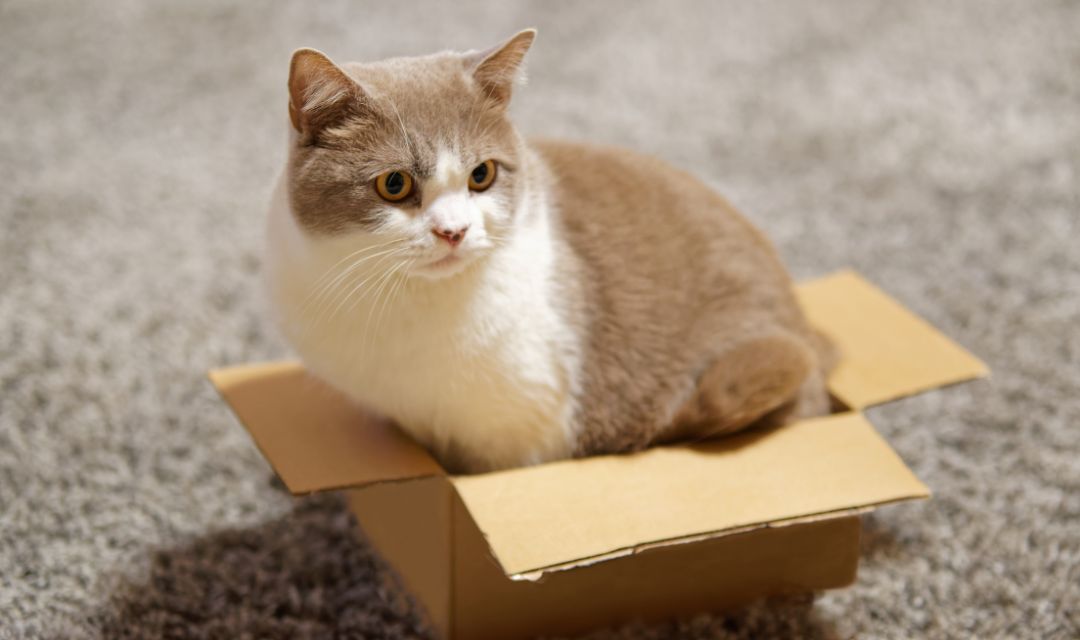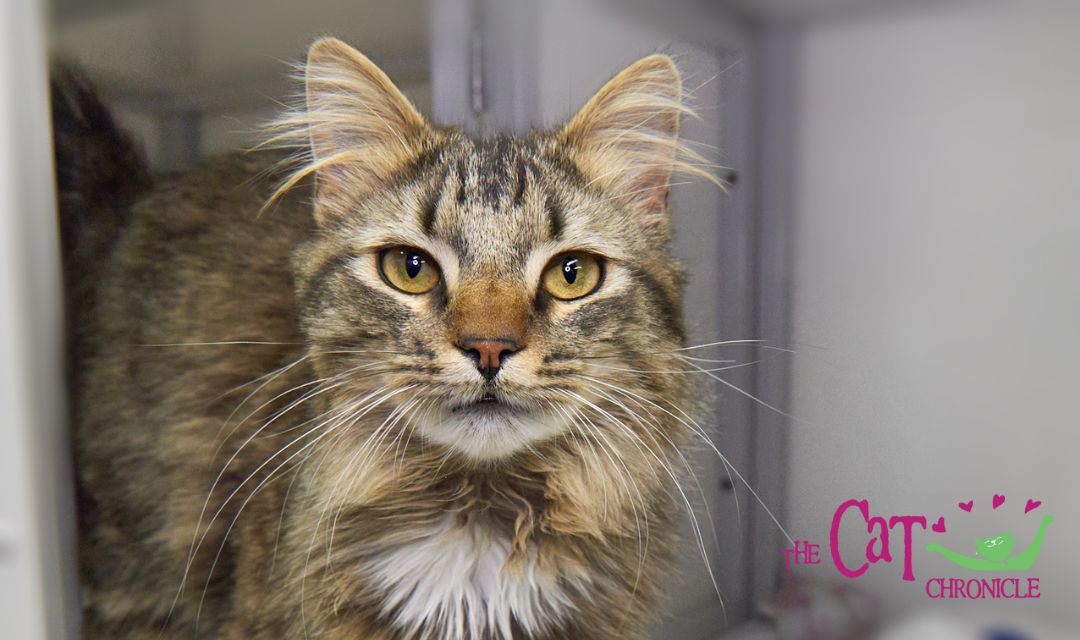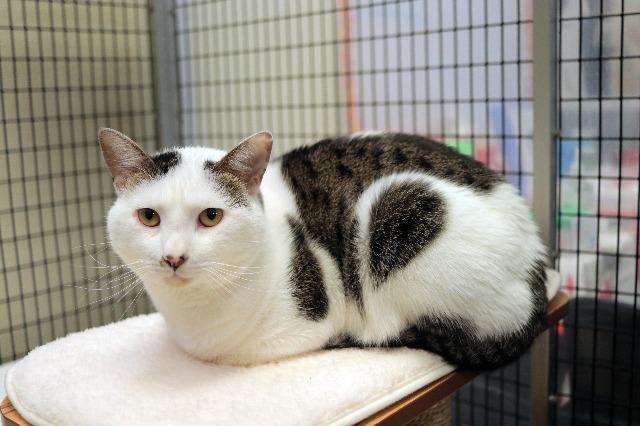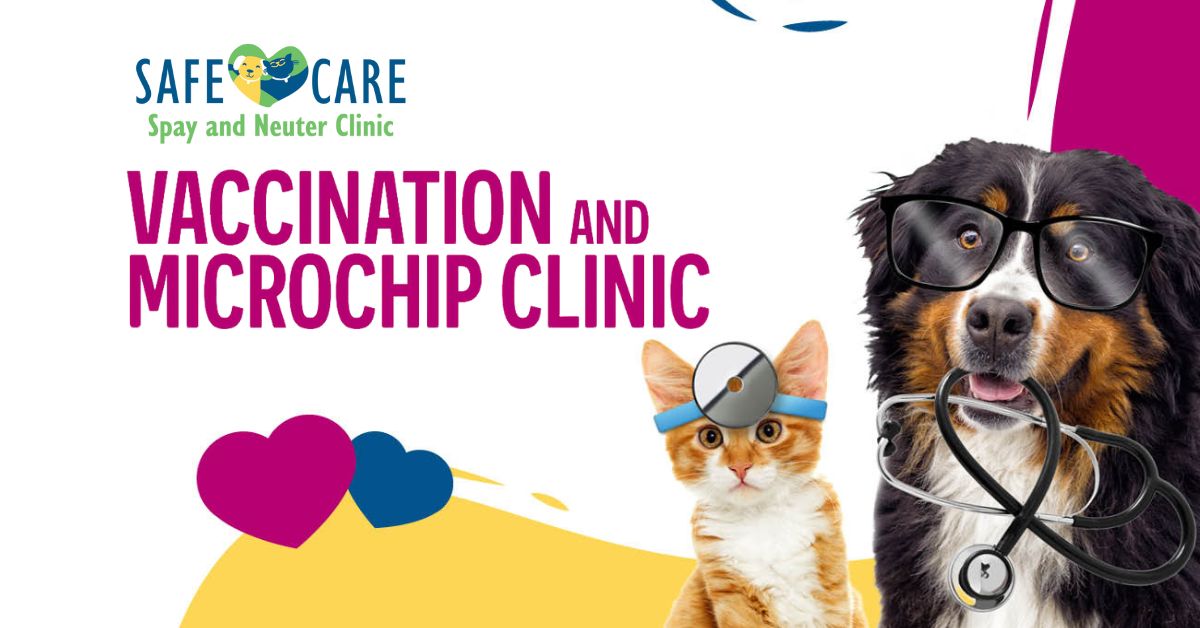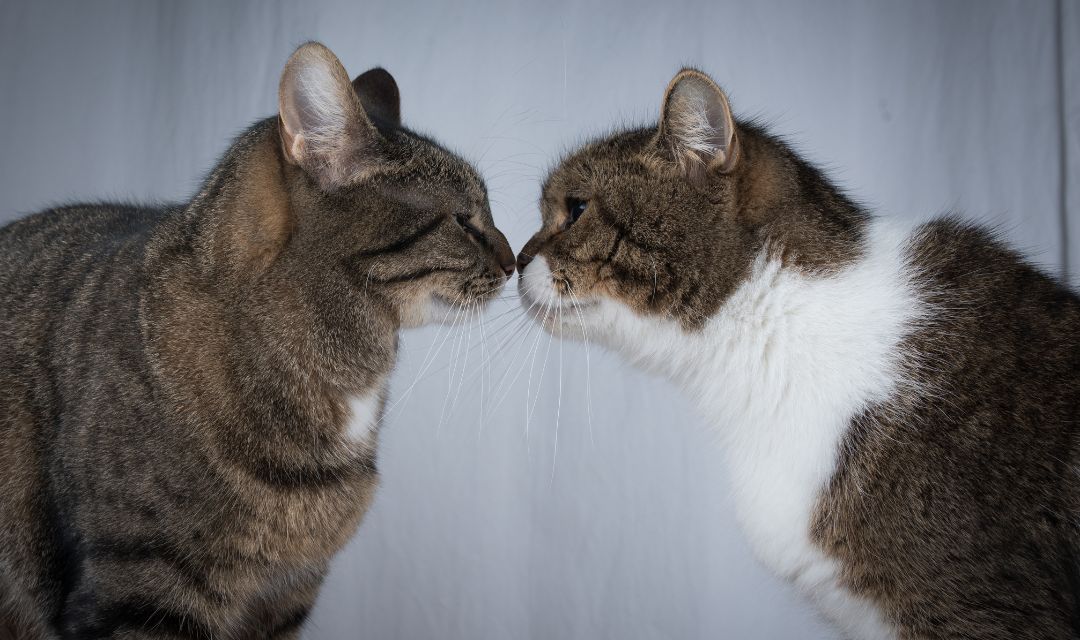
How to Introduce the New Cat on the Block
First impressions are everything for cats! Help your cat put its best paw forward when making lasting friendships with your pets and family with these simple tips.
Where should my new cat stay?
At first, new kitties should be kept in a separate room, a smaller one if possible, like a bathroom, for at least two weeks before introductions to other animals. This helps maintain distance when your kitty gets overwhelmed. It also ensures your cat is getting to know your space.
You’ll know when a cat is comfortable in its safe room when it interacts with you when you go inside.
How long does it take for cats to be introduced?
On average it takes about two weeks for a cat to adjust to its new family and surroundings. First, let your feline friend get more comfortable with the space itself – this is where the safe room comes into play. In your cat’s perfect world, it would have time to get used to JUST your house and not the family that lives inside. This means your cat’s personality may be a bit different in the first few weeks or before it’s 100% comfortable with other pets and children. Your cat is sure to be right at home with patience!
Letting your new cat adjust to your space and family takes time. It’s important to first let your furry friend get used to your house before meeting more pets and children. Give your cat at least a couple of days to grow more comfortable with its new home before you start introductions such as “scent swapping”, which is laid out in the paragraphs below.
Supervision is everything when cats meet new friends and family members. Keeping your eyes peeled in the first stages of introducing your cat ensures there’s a safe, smooth adjustment for everyone involved.
Cat-to-Child Introductions
Before the new kitty comes home, teach your child how to safely play and interact with their new pet. Using quiet voices, gentle pets, and avoiding getting in your cat’s face are just a few lessons to share. Remember to share that cats – and all other animals – aren’t crazy about their bodies being squeezed, pulled and poked either. When your cat and child meet, make sure to read body language in case the kitty gets overwhelmed.
Cat-to-Cat Introductions
A small room would be a pawfect sanctuary space – think a home office or guest bathroom – for your cat to adjust before meeting its siblings. Cats have an amazing sense of smell, let your cats get to know each other before seeing each other. Take a clean sock and gently wipe each cat down. Place the resident cat’s sock in the new cat’s room and the new cat’s sock in the first cat’s spot. This will help both cats get used to the smell before meeting.
Over time, switch the cats so the resident cat is in the new cat’s room. Increase the period of time in the next few days. Help your kitties make good associations with each other by putting their food bowls near their safe spots in the house. You can also switch each cat’s litter for the other for added adjustment. It can take either a couple of days or even several weeks for your cat to adjust – it depends on your cats’ personalities.
When you think it’s time for a face-to-face meeting, let the new cat sit inside its carrier while the older cat sniffs from the outside. Once they appear comfortable with one another, let the new cat out of its carrier. Expect some hissing, growling and swatting when the cats are determining who runs the show.
Cat-to-Dog Introductions
Introduce your cats to each other first before dogs. When it comes to a safe space for your kitty, opt for an entire room with its litter box, food and other supplies if a dog is around. The room should be in a quiet part of the house. Start introductions with your dog in a crate or leash to allow your cat to approach on its own terms.
Carefully watch their first interactions with each other, and be prepared to safely intervene if things get rowdy. Be present for several interactions between your dog and cat as dogs are more likely to behave when you’re around. Separate your pets if either animal expresses fearful or aggressive behavior. Try again the next day if things have calmed down.
Just like some humans don’t sit well with other humans, some dogs and cats don’t mesh. If you’re interested in finding a feline friend for your pup, chat with an adoption counselor at SAFE Haven to see who’d be a great fit in your family.
Forever Friends Start with a First Impression
With lots of love and patience, your cat will cozy up to your home and family in no time. Think about your child’s, dog’s and cat’s personalities before bringing a new kitty into the mix. When you bring home your new forever friend, be sure to stay patient, aware and adaptable to what your family members need.
Think your family is fit for a new cat? Meet furry friends who are looking for a new home.

